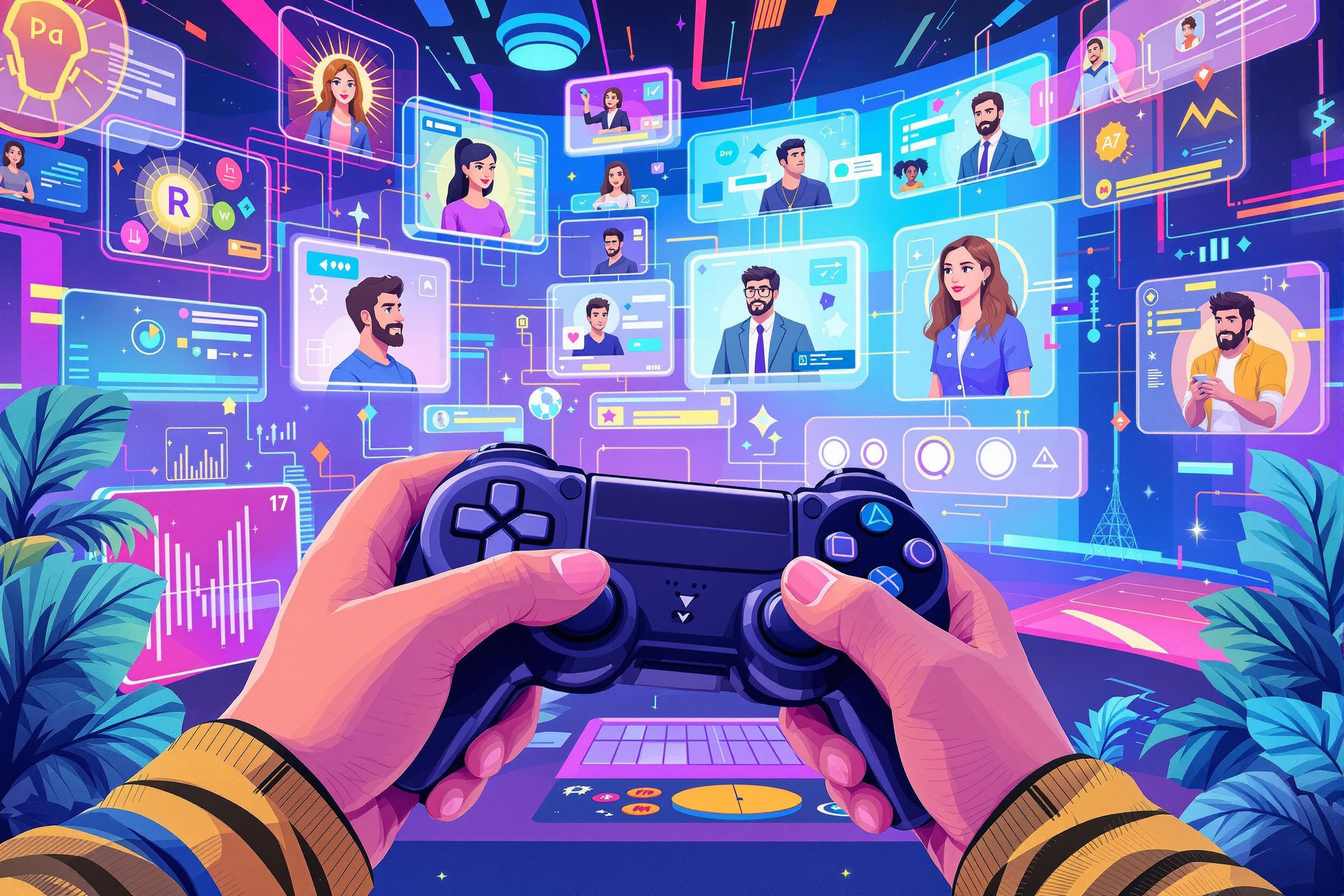
Player Card
A Player Card is a loyalty or membership card system used in the lottery and gaming industry to track player activities and provide rewards. Think of it like a grocery store loyalty card, but for lottery players. It helps organizations keep track of player purchases, preferences, and rewards while also ensuring responsible gaming practices. These systems are sometimes called Player Reward Cards, Lottery Cards, or Gaming Loyalty Cards. The technology behind these cards helps lottery retailers and gaming organizations better serve their customers while also maintaining compliance with gaming regulations.
Examples in Resumes
Managed Player Card system implementation across 200 retail locations
Increased Player Card adoption rate by 45% through targeted marketing campaigns
Developed training materials for retail staff on Player Card and Loyalty Card registration process
Analyzed Player Card data to improve customer retention strategies
Typical job title: "Player Card Program Managers"
Also try searching for:
Where to Find Player Card Program Managers
Industry Organizations
Professional Networks
Example Interview Questions
Senior Level Questions
Q: How would you develop a strategy to increase player card adoption rates?
Expected Answer: A senior manager should discuss multiple approaches including staff training, customer incentives, marketing campaigns, and data analysis to track success. They should also mention compliance with gaming regulations and responsible gaming practices.
Q: How would you handle a situation where player card data shows signs of problem gambling?
Expected Answer: Should demonstrate knowledge of responsible gaming protocols, intervention procedures, and regulatory requirements while maintaining customer privacy and dignity.
Mid Level Questions
Q: What metrics would you track to measure the success of a player card program?
Expected Answer: Should mention registration rates, active usage, redemption rates, customer retention, and program ROI while considering both business goals and responsible gaming practices.
Q: How would you train retail staff to promote player cards effectively?
Expected Answer: Should discuss creating clear training materials, demonstrating benefits to both customers and staff, role-playing exercises, and monitoring success rates.
Junior Level Questions
Q: What are the basic benefits of a player card program?
Expected Answer: Should be able to explain customer benefits like points accumulation, prize tracking, and special promotions, as well as business benefits like customer tracking and retention.
Q: How would you handle a customer complaint about player card points not being credited?
Expected Answer: Should demonstrate basic customer service skills, knowledge of troubleshooting procedures, and understanding of when to escalate issues.
Experience Level Indicators
Junior (0-2 years)
- Basic customer service skills
- Understanding of loyalty program basics
- Familiarity with gaming regulations
- Basic data entry and reporting
Mid (2-5 years)
- Staff training and supervision
- Program performance analysis
- Customer retention strategies
- Promotional campaign management
Senior (5+ years)
- Strategic program development
- Budget management
- Regulatory compliance oversight
- Stakeholder relationship management
Red Flags to Watch For
- No knowledge of gaming regulations and compliance requirements
- Lack of customer service experience
- Poor understanding of responsible gaming practices
- No experience with loyalty program management
- Unfamiliarity with basic data analysis and reporting
Related Terms
Need more hiring wisdom? Check these out...

Automated Scorecards in ATS Systems: Your Secret Weapon for Smarter Hiring Decisions

Level Up Your Hiring Game: How Gamification is Revolutionizing Talent Acquisition

7 Ways to Maximize Your Candidate Database ROI

